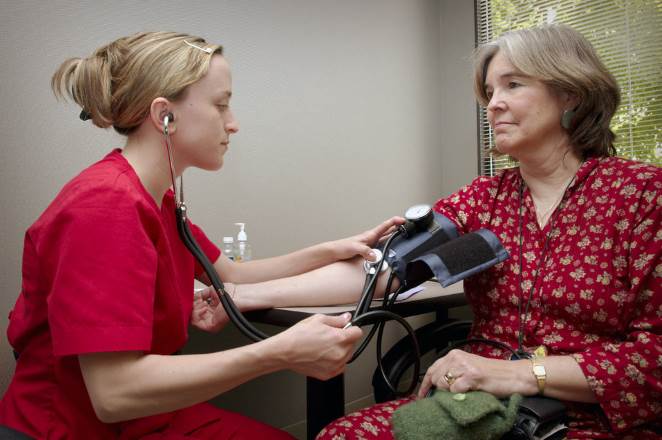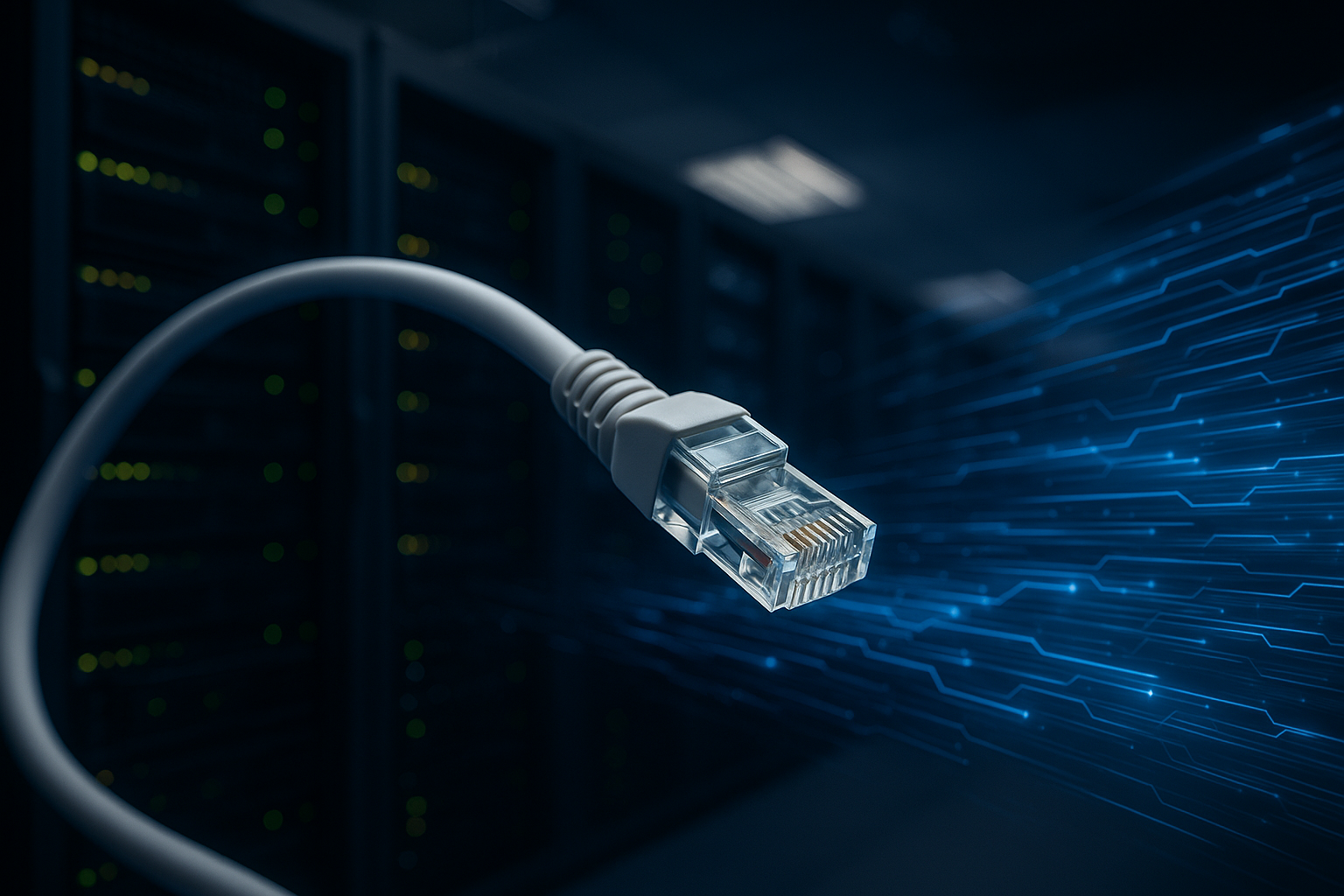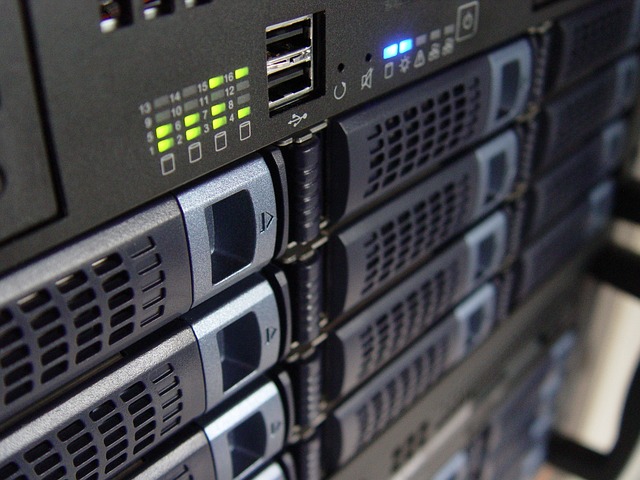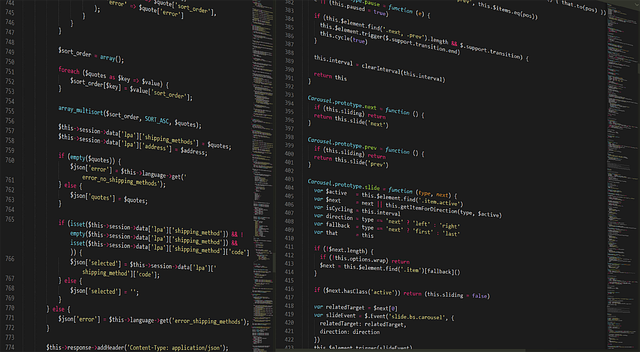24/7 Nursing Support: The Evolution of Round-the-Clock Healthcare Services
The healthcare landscape has transformed dramatically with the introduction of 24/7 nursing services, providing continuous medical support and care when traditional facilities may be unavailable. This essential service bridges critical gaps in healthcare delivery, ensuring patients have access to professional nursing guidance at any hour, through various channels including telephone support, home visits, and digital consultations.

Understanding Modern 24/7 Nursing Care
Round-the-clock nursing services have evolved to meet diverse patient needs while maintaining high standards of healthcare delivery. These services typically include emergency triage, medication guidance, chronic disease management, and general health advice. Modern nursing care combines traditional bedside support with technology-enabled solutions, creating a comprehensive support system for patients and healthcare facilities alike.
The Role of Education in 24/7 Nursing
Professional development and continuous education form the cornerstone of effective 24/7 nursing services. Nurses working in round-the-clock positions require specialized training in emergency response, communication skills, and the latest healthcare technologies. This educational foundation ensures they can handle various situations confidently while maintaining quality care standards throughout their shifts.
Classroom to Clinical Practice Transition
The journey from classroom learning to practical application is crucial for nurses entering 24/7 care environments. Training programs specifically designed for round-the-clock care include simulation exercises, stress management techniques, and hands-on experience with various medical scenarios. This comprehensive preparation helps nurses adapt to the unique challenges of providing care at any hour.
Healthcare Technology Integration
Modern 24/7 nursing services leverage advanced technology to enhance patient care and support. Digital health records, remote monitoring systems, and telenursing platforms enable nurses to provide efficient care while maintaining accurate documentation. These technological tools help streamline workflows and improve patient outcomes in round-the-clock care settings.
Comparing 24/7 Nursing Service Providers
| Service Type | Provider Features | Typical Coverage Areas |
|---|---|---|
| Hospital-Based | On-site care, full medical team support | Emergency, inpatient care |
| Home Health | Individual patient care, mobility support | Residential care, chronic condition management |
| Telenursing | Remote consultation, digital monitoring | General advice, medication management |
| Facility-Based | Specialized care settings, continuous monitoring | Long-term care, rehabilitation |
Prices, rates, or cost estimates mentioned in this article are based on the latest available information but may change over time. Independent research is advised before making financial decisions.
Professional Standards and Quality Assurance
Maintaining consistent care quality across all shifts requires robust quality assurance protocols and professional standards. Healthcare organizations implementing 24/7 nursing services must establish clear guidelines, regular performance evaluations, and continuous improvement processes to ensure optimal patient care regardless of the time of day or night.
This article is for informational purposes only and should not be considered medical advice. Please consult a qualified healthcare professional for personalized guidance and treatment.




